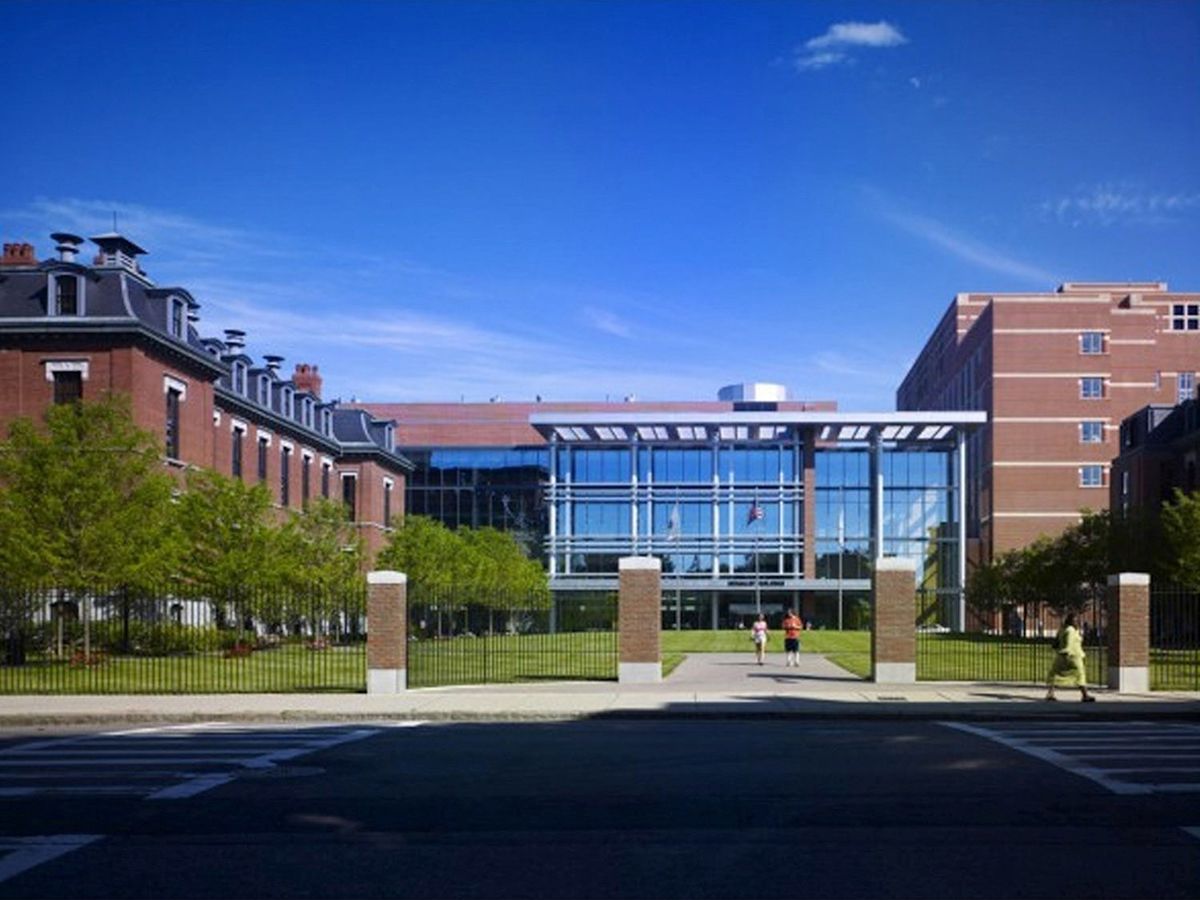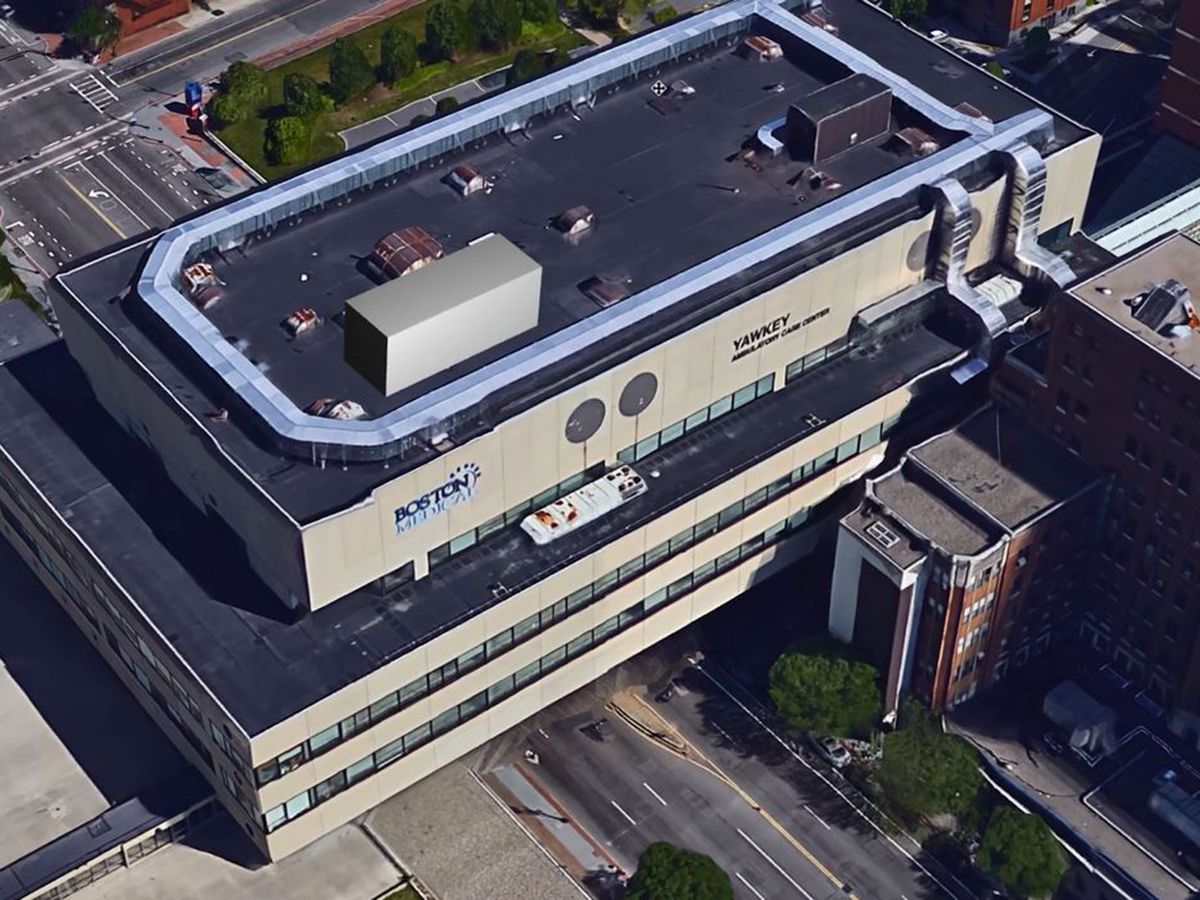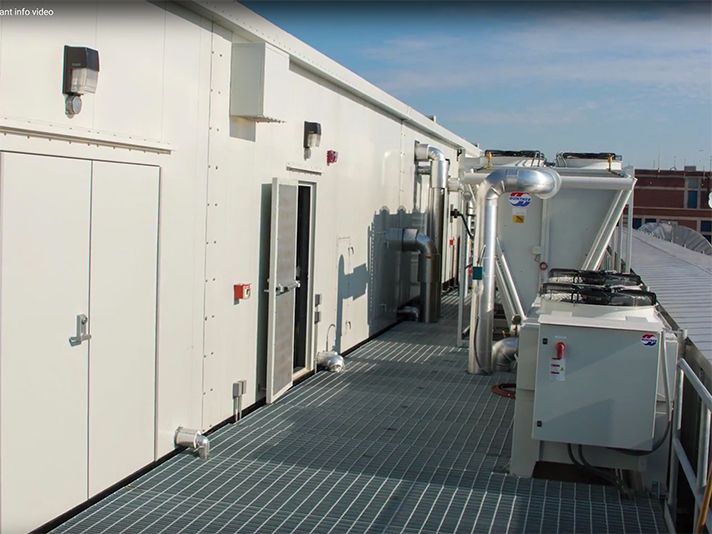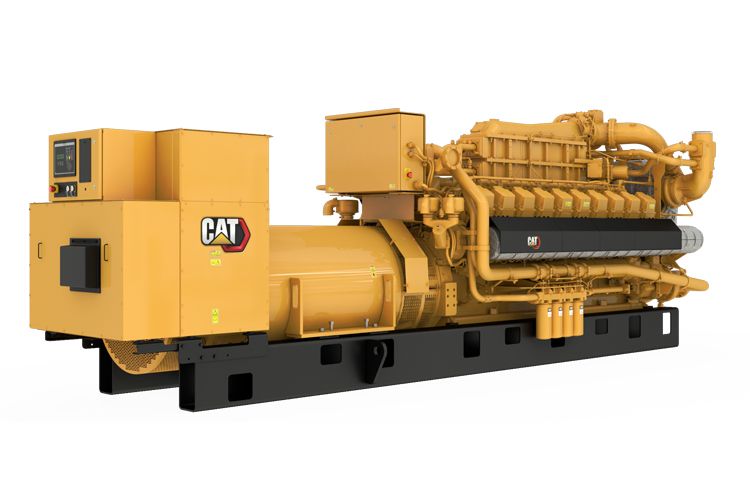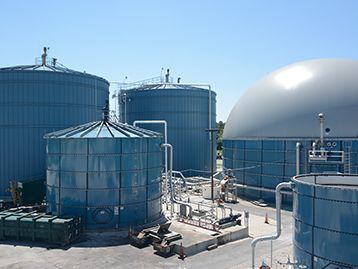Boston Medical Center (BMC) is a not-for-profit 514-bed academic medical center in Boston, Massachusetts. BMC is the largest safety net hospital and busiest trauma and emergency services center in New England, with 137,864 emergency department visits and over one million outpatient visits in 2018. BMC employs 764 physicians and 1,731 nurses.
Located in Boston’s historic South End, BMC is devoted to training future generations of healthcare professionals. As the primary teaching affiliate of Boston University School of Medicine, BMC operates 66 residency training programs with 817 resident and fellowship positions.
As a recognized leader in groundbreaking medical research, BMC is the 15th largest recipient of funding in the U.S. from the National Institutes of Health among independent hospitals. BMC received more than $116 million in budgeted sponsored research funding in 2016, and oversees 581 research and service projects separate from research activities at Boston University School of Medicine.
World-renowned researchers at Boston Medical Center conduct both basic, laboratory-based biomedical research. They also conduct clinical research programs, including substance use disorder, violence intervention, infectious disease, cardiology, Parkinson’s disease, geriatrics, endocrinology, and hematology/oncology.
POWER NEED/SOLUTION
Hospitals operate 24/7 and have significant needs for electric power, heating, and cooling. Hospitals are one of the most energy-intensive businesses in the commercial sector, consuming more than twice as much energy per square foot as average commercial buildings. Consistent demand for high-quality, highly reliable power makes hospitals ideal for combined heat and power (CHP). Hospitals and medical campuses that have installed CHP systems enjoy reduced operating costs and higher reliability of continued service during both instantaneous and lengthy power outages.
Properly designed CHP or cogeneration systems can provide power, hot water, and space heating and cooling more reliably, more efficiently, and at lower costs than traditional systems.
Inside a hospital, every dollar spent on heating and cooling is a dollar less spent caring for patients. That was the conclusion reached by officials at Boston Medical Center.
In 2017, local Cat dealer Milton Cat installed a CHP installation at BMC, using waste heat from a Cat G3520C generator set to provide hot water and ambient heating. The genset is placed inside an enclosure atop the Yawkey Building.
Since the spring of 2017, Boston Medical Center has been generating much of its own electricity and heat through the natural gas-fired, two-megawatt CHP plant, further enhancing BMC’s standing as the most energy resilient and greenest hospital in Boston.
By delivering both heat and power from the same source, the system reduces site emissions and total cost of ownership, saving money that can be better directed toward patient care.
“This is exciting for BMC because cogeneration is going to reduce the cost of energy at the hospital,” said Jack Nelson of CMTA (formerly Engineered Solutions, Inc.), which consulted with BMC and designed the CHP system. “And that allows the hospital to direct money towards clinical programs and patient care rather than utility bills.”
The hospital values the cogeneration system for another reason: it offers critical backup power in case of emergency. CHP systems can allow buildings to operate independent of the grid during periods of electric power blackouts. Hospitals make ideal hosts for CHP systems and are often able to take advantage of the full suite of CHP benefits, as the system is flexible and provides essential and reliable power that keeps the lights on and sustains the ability to provide services.
In the wake of Superstorm Sandy in 2012, there was widespread reporting about the plight of East Coast hospitals, many of which had to evacuate vulnerable patients as a result of power outages caused by the massive storm. As a result, hospitals learned that having standby diesel generators was not enough to keep the power on during an extended outage.
“What we saw from both Hurricane Katrina as well as Sandy in New York was that facilities without cogeneration capability often times needed to evacuate and were unable to support the patient care needs of their constituents,” said Bob Biggio, vice president of facilities and support services for BMC. “Whereas those who did have cogeneration were able to sustain operations throughout the emergency.
“As the largest safety-net hospital and biggest trauma center in New England, we have an obligation to protect our patients in a natural disaster,” Biggio said. “Cogen gives us the ability to continue to care for the most vulnerable population in our city, even when the electric grid goes down.”
In addition to powering and heating much of the hospital, the cogen facility will also serve as a backup power source for city and state emergency communications.
Should BMC lose power from the grid, the cogeneration system shuts down while emergency generators kick in. After the emergency generators start within 10 seconds to sustain power and preserve the safety of patients, the CHP system is brought back online. Utilizing a black start, the facility goes into island mode where it completely disconnects from the grid. Under this scenario, the cogeneration facility produces electricity to protect BMC patients throughout the duration of a grid outage.
RESULTS
By the time the energy reaches Boston Medical center from a conventional utility power plant, the net result is about 35 percent efficiency. By contrast, BMC’s cogen system operates at 70 percent efficiency. The boost in efficiency is derived from waste heat from the generators, which is used to supplement the heat loops and the hot water systems in hospital’s energy plant.
The CHP plant supplies more than 41 percent of the hospital’s electricity and has the capacity to meet 25 percent of peak demand at any given time.
Ultimately, the installation of the cogeneration facility is an investment that will provide Boston Medical Center about $1.5 million in annual energy savings, Biggio says.
Significant energy reductions are a cornerstone goal for BMC, and so is carbon neutrality. BMC engaged in the largest collaborative power purchase agreement (PPA) in the United States, with 16 MW of a 60 MW solar field allocated to BMC to make it a zero-energy campus. Through the cogen, PPA and campus consolidation strategies, BMC has reduced their carbon footprint by 90 percent since 2011.
The cogen plant was made possible by a $3.7 million grant from the Massachusetts Department of Energy Resources’ Community Clean Energy Resiliency Initiative. The Boston Public Health Commission partnered with BMC in securing the grant.
“It’s very exciting for the hospital,” said Michael Canning, senior director of facilities for BMC. “It was a huge undertaking, and it has put us over and above a lot of local communities in terms of energy resiliency. It’s a big plus for the community in Boston that we have this available to them.”
Download the Power Profile




